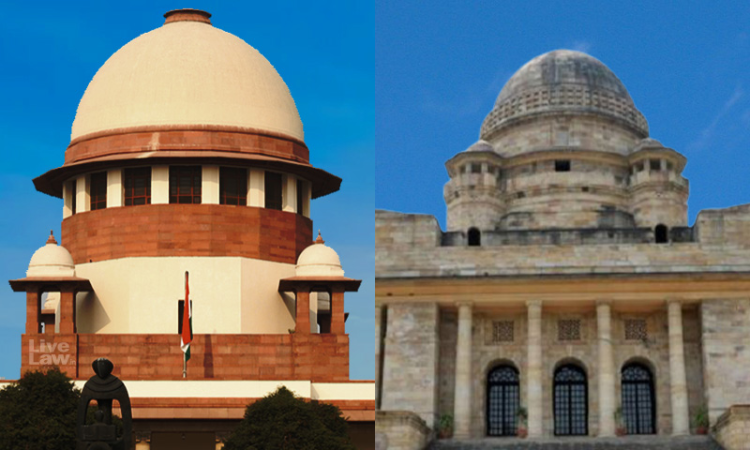Ensure Certified Copies Of Judgements Are Issued As Per Section 76 Evidence Act : Supreme Court To HC
Sneha Rao
19 Nov 2021 9:37 PM IST

Next Story
19 Nov 2021 9:37 PM IST
The 'Skin-to-skin' judgement passed by the Supreme Court yesterday had set aside impugned judgements of the Bombay High Court (Nagpur Bench). A three-judge Bench of Justices U.U.Lalit, S.Ravindra Bhat and Bela.M.Trivedi has held that 'skin-to-skin' touch is not a requirement to constitute an offence of sexual assault under S.7 of the POCSO Act. The majority opinion, authored...
